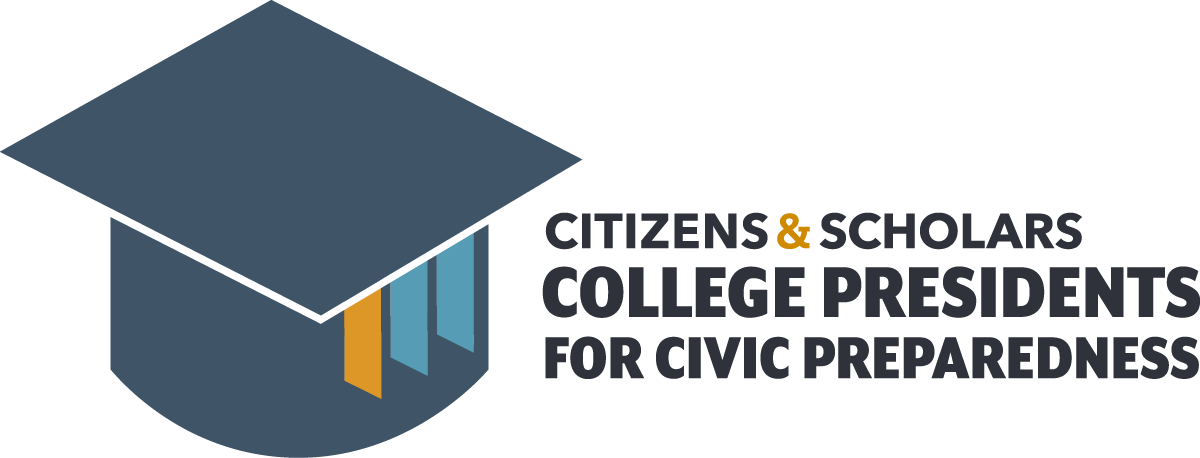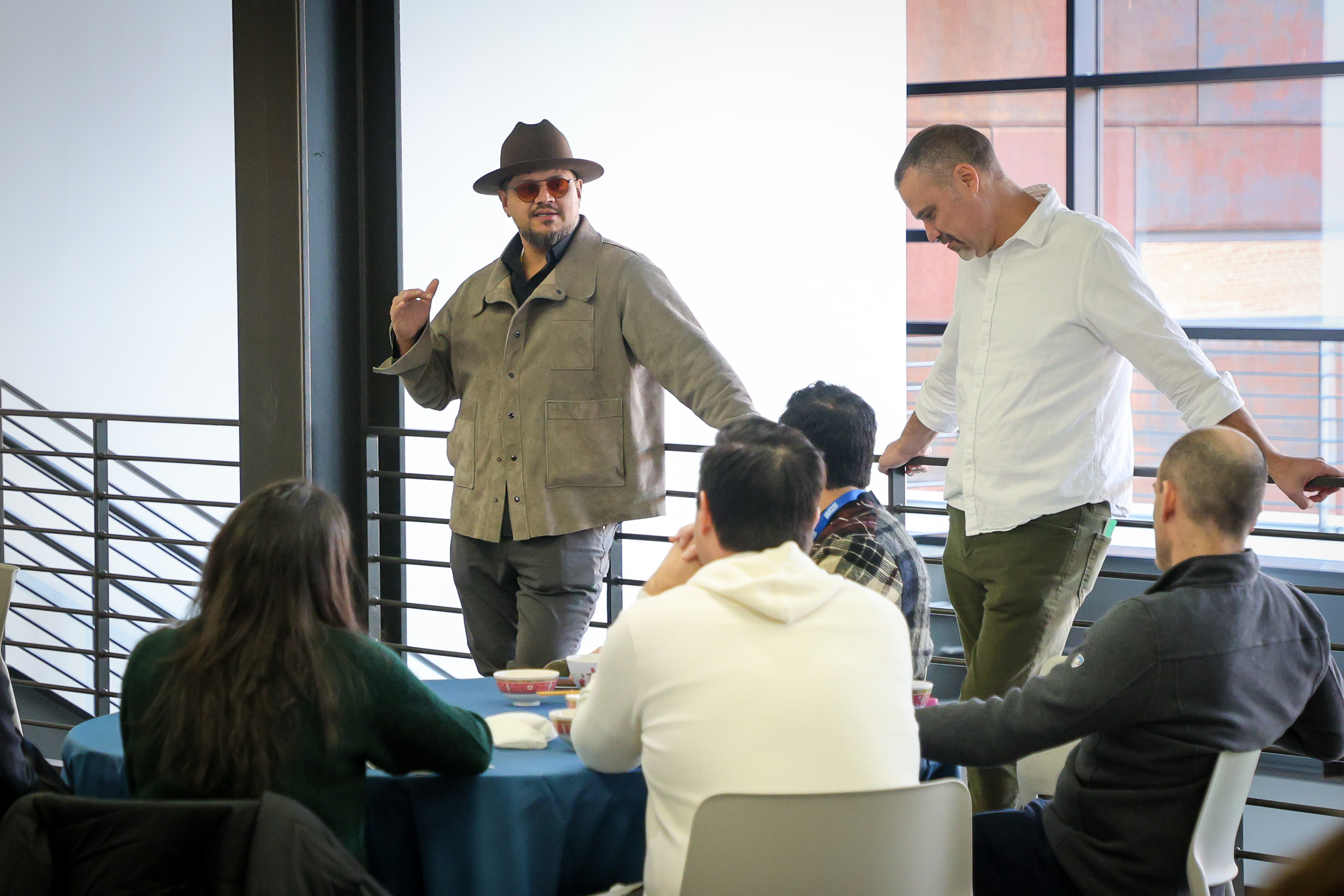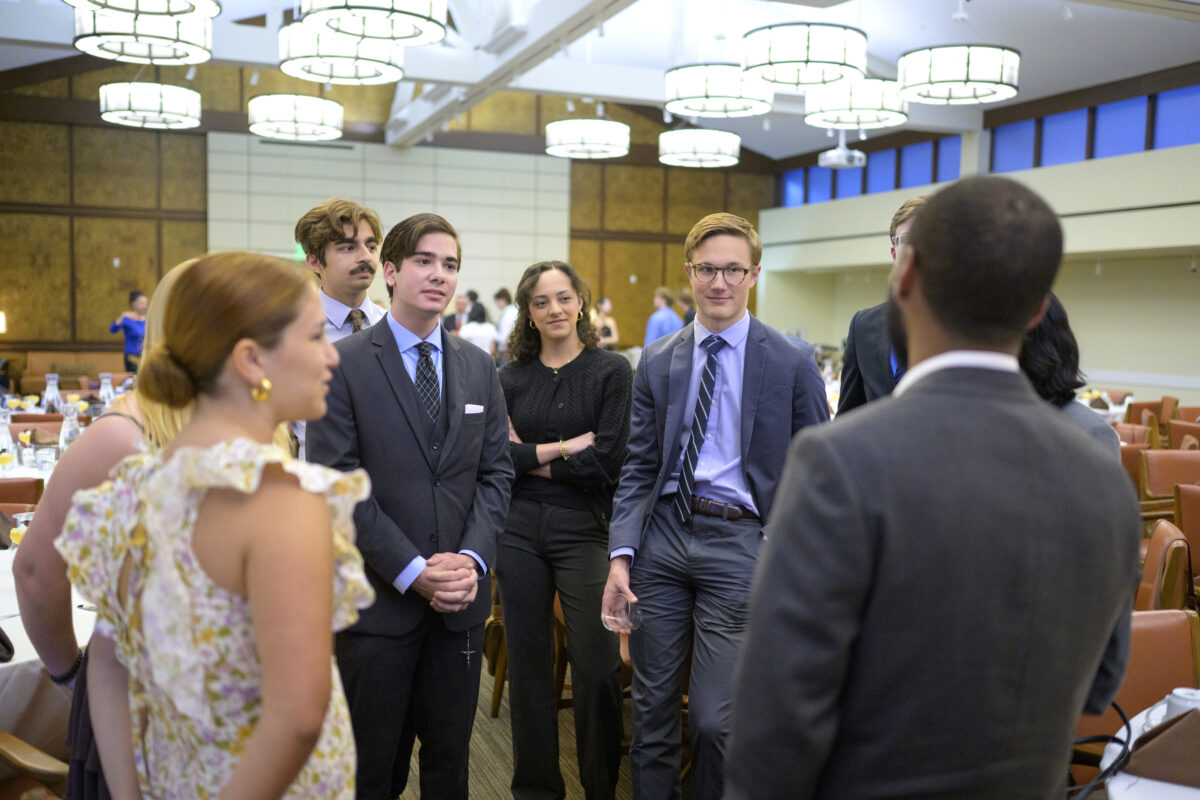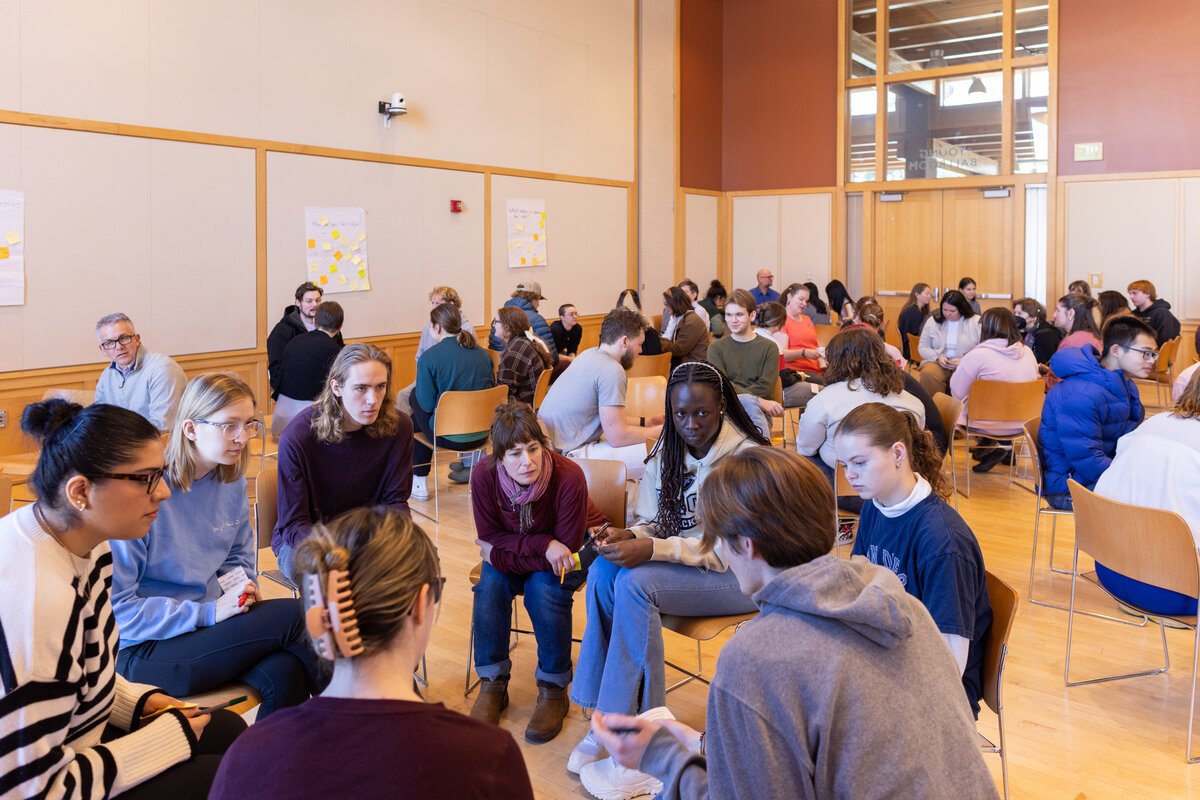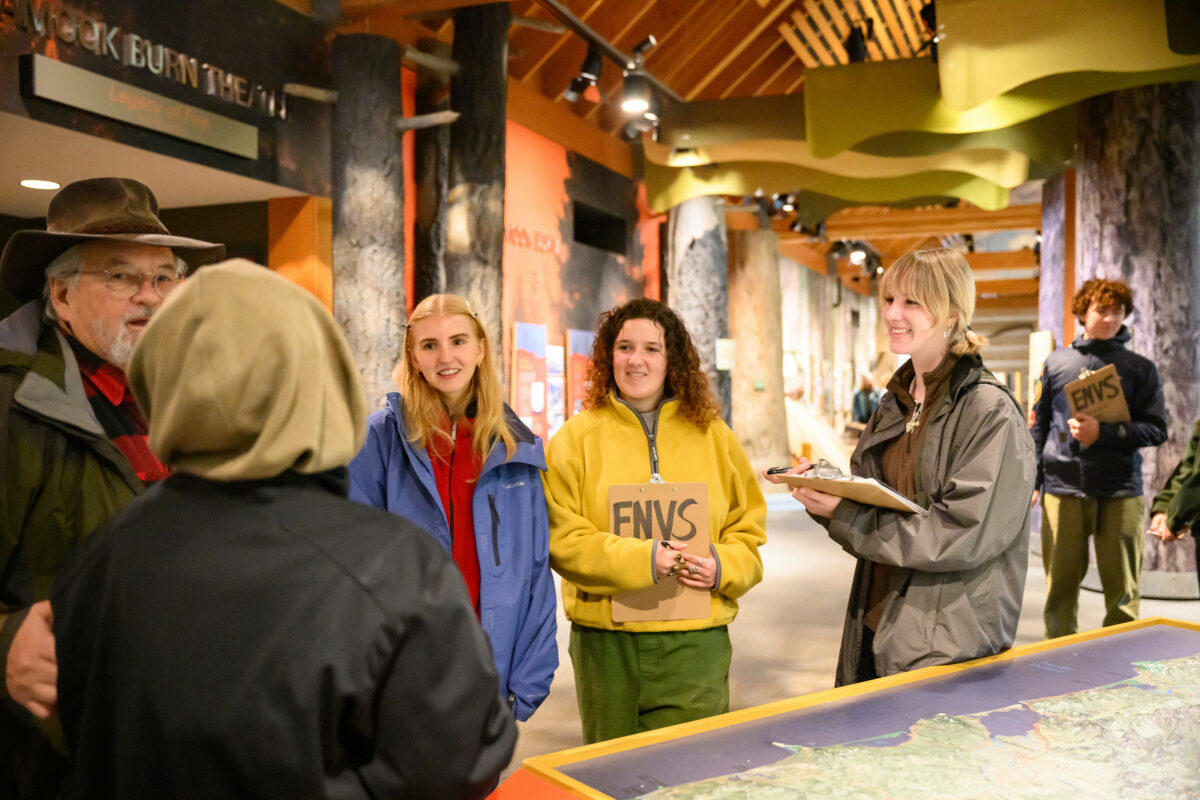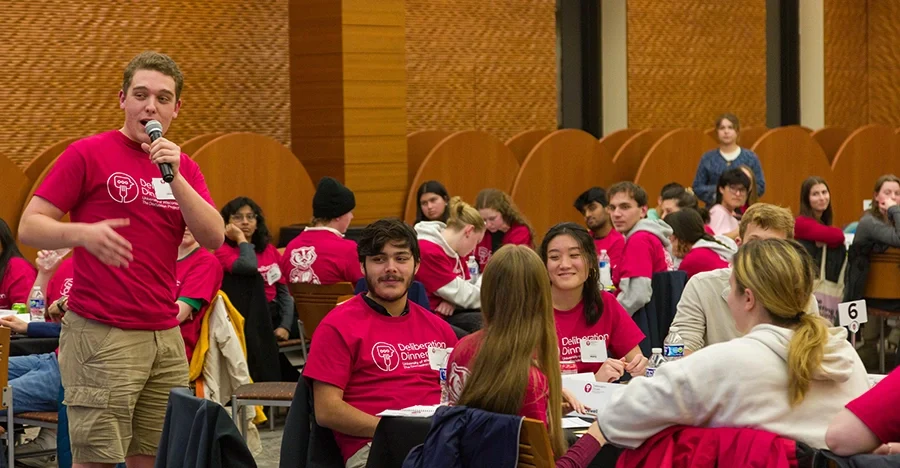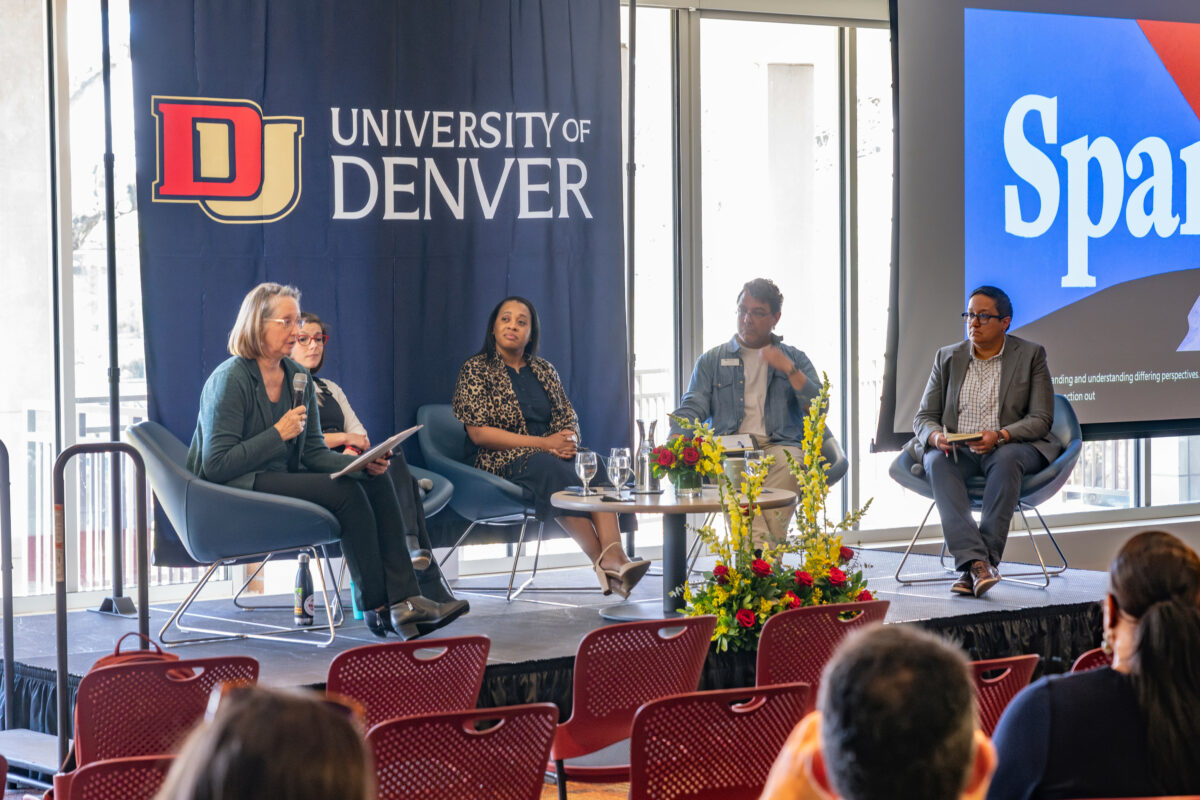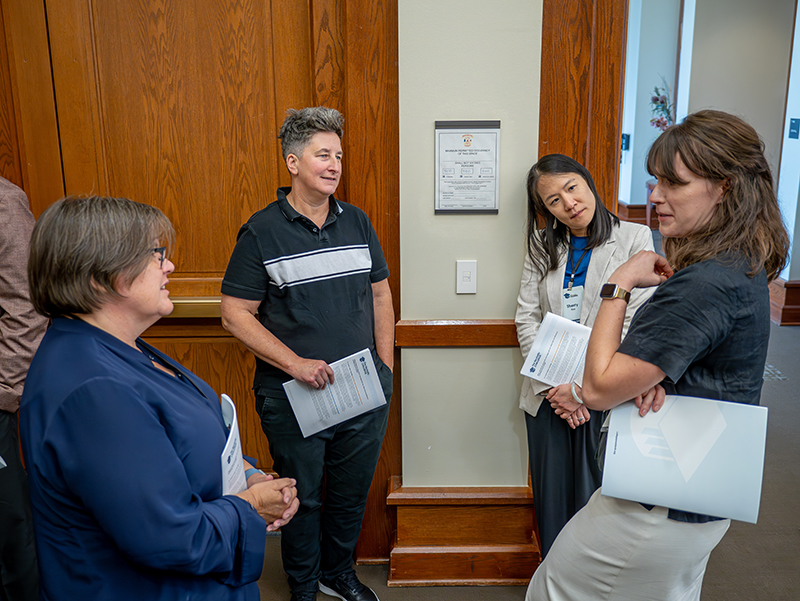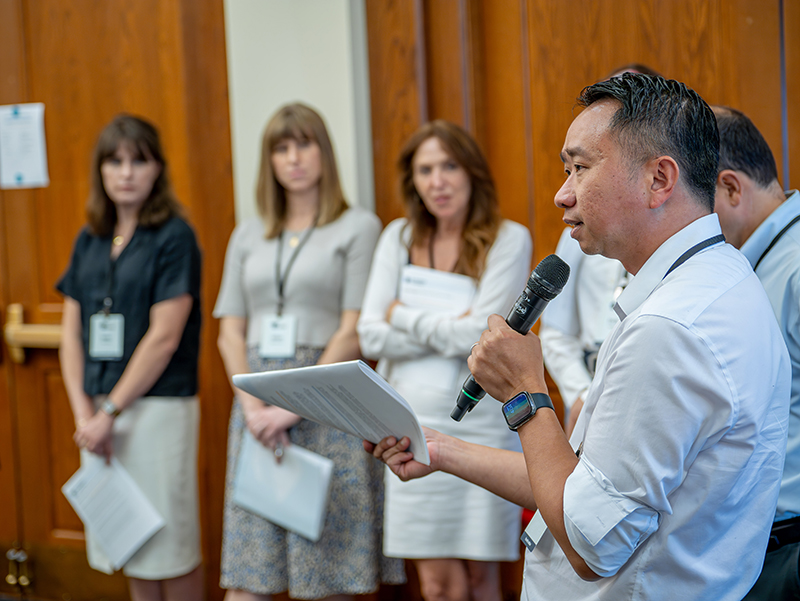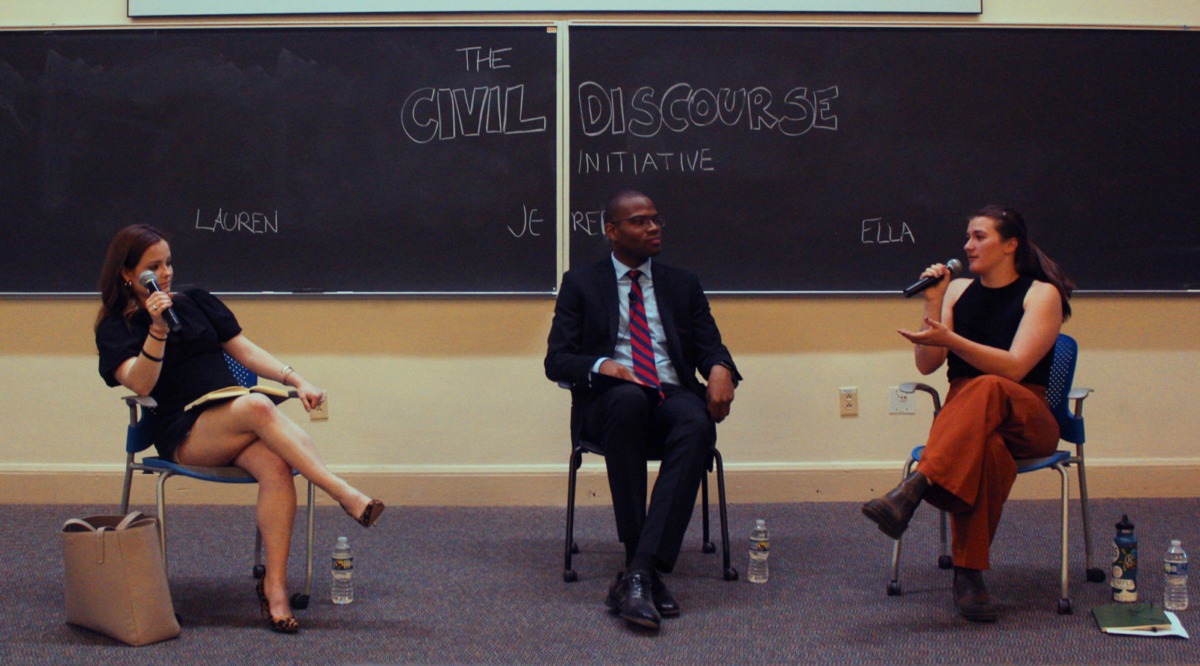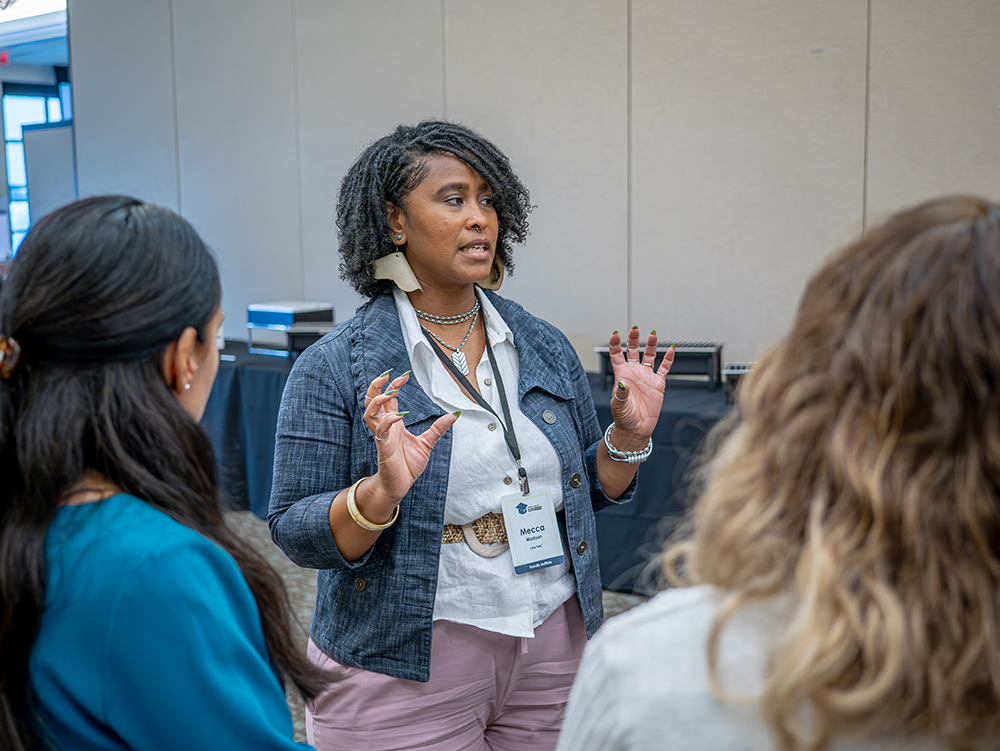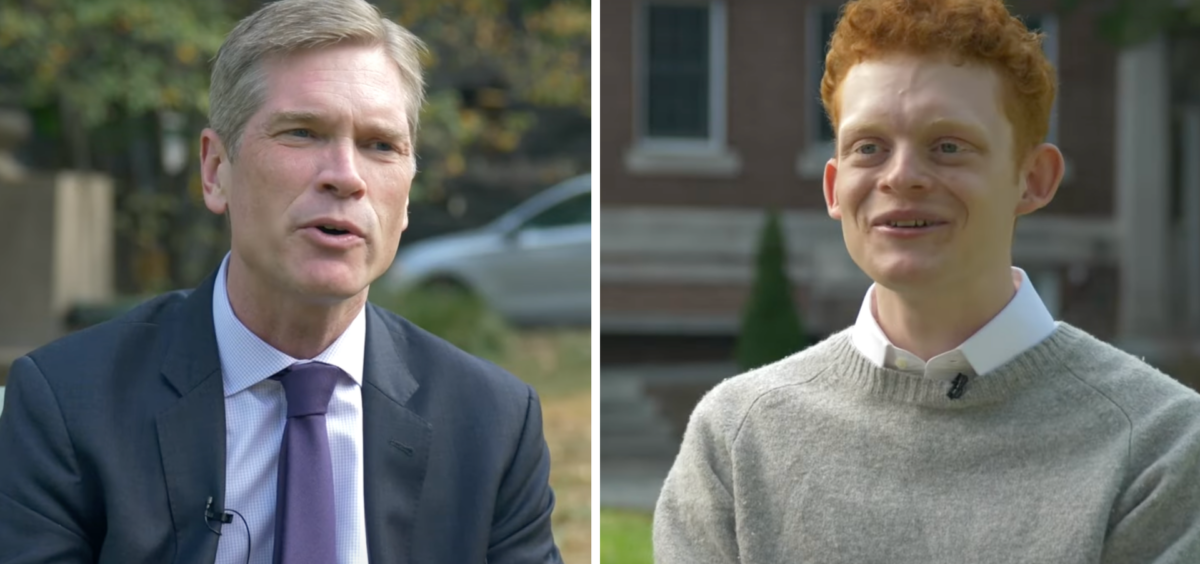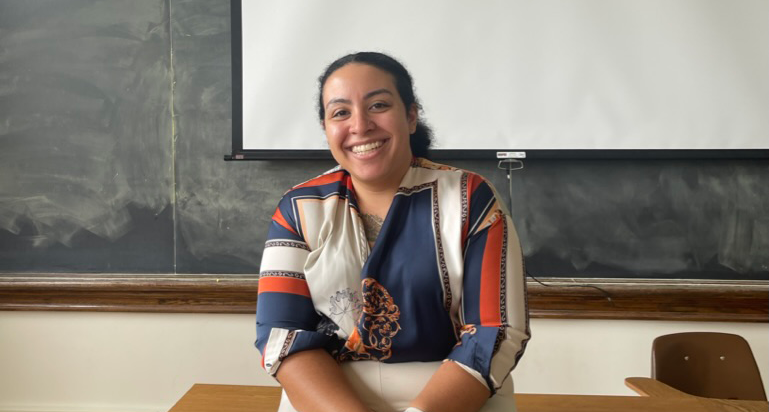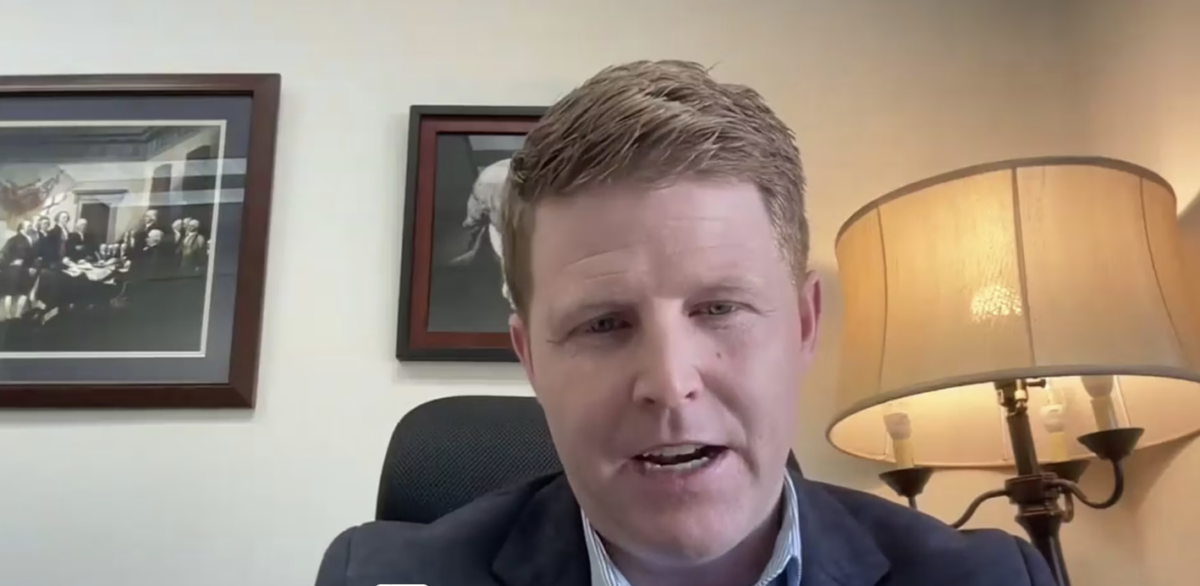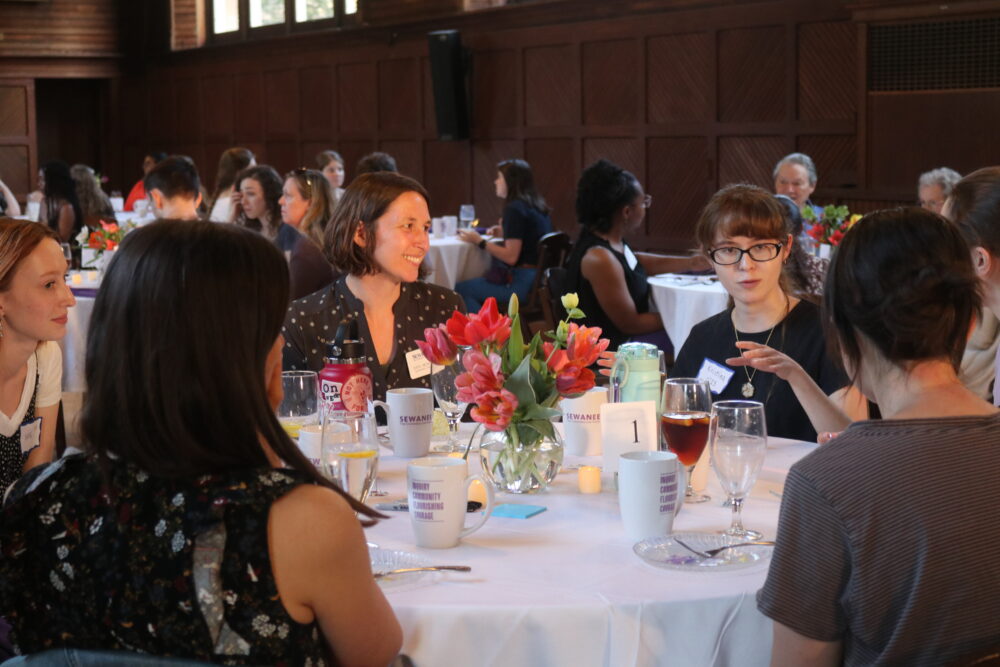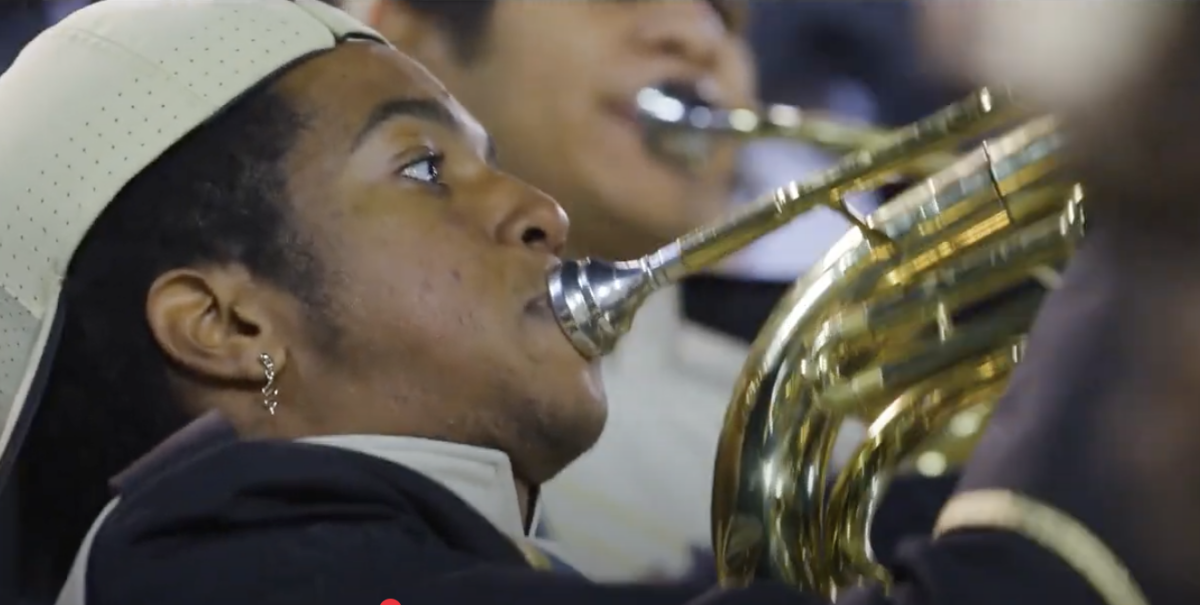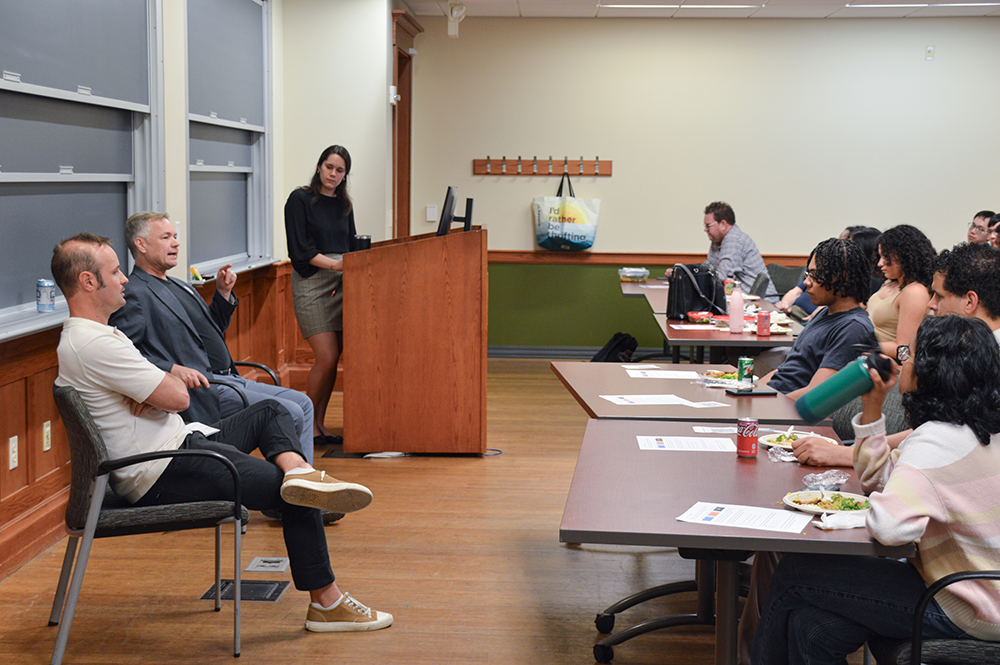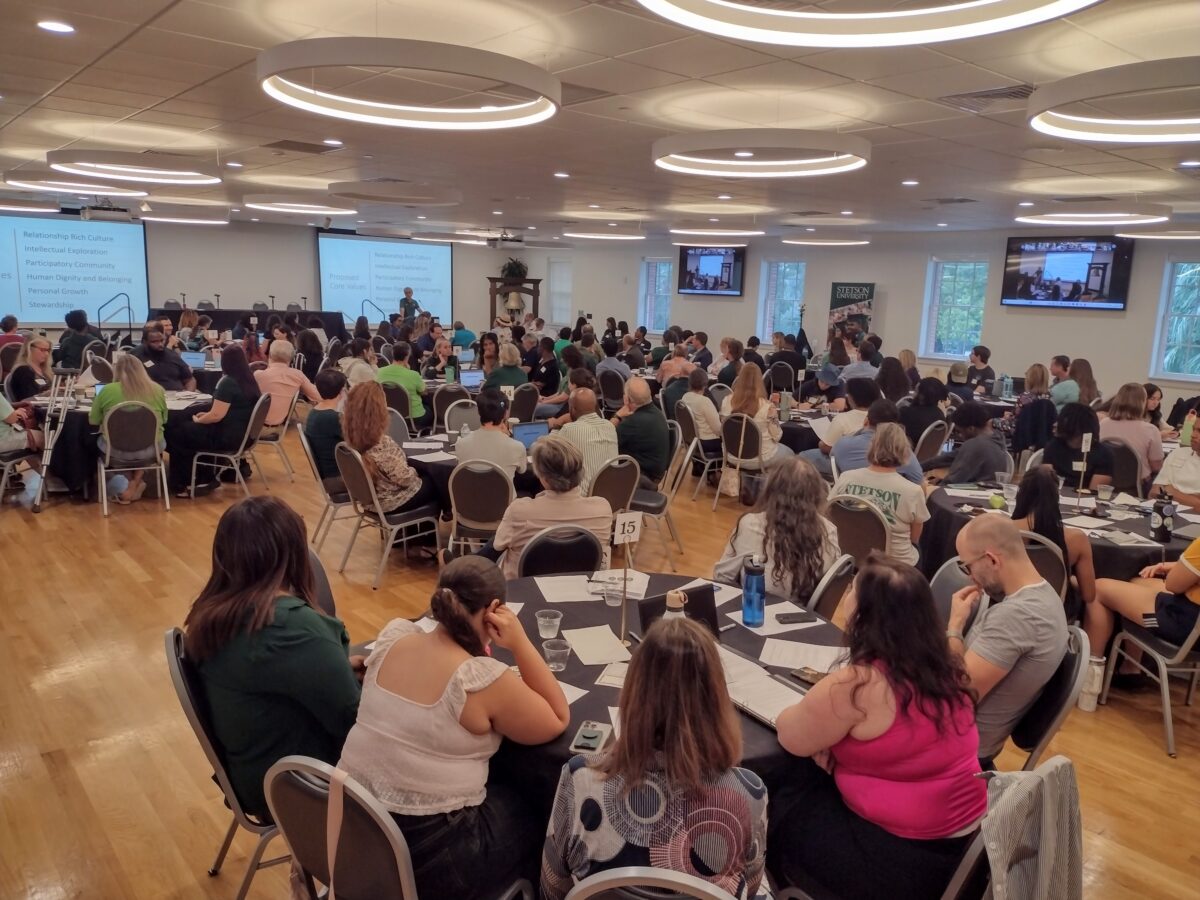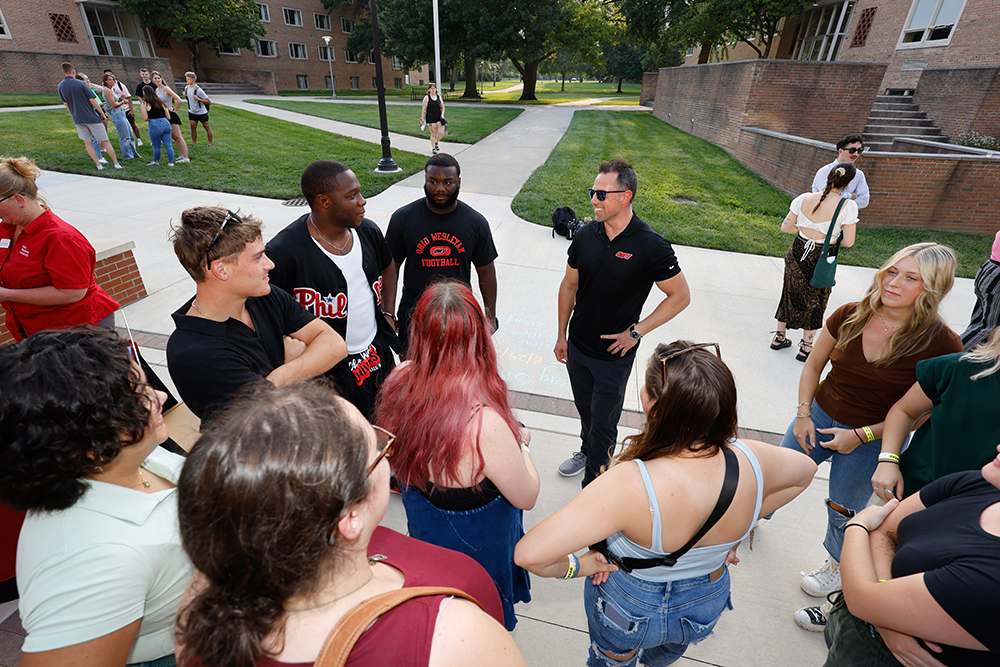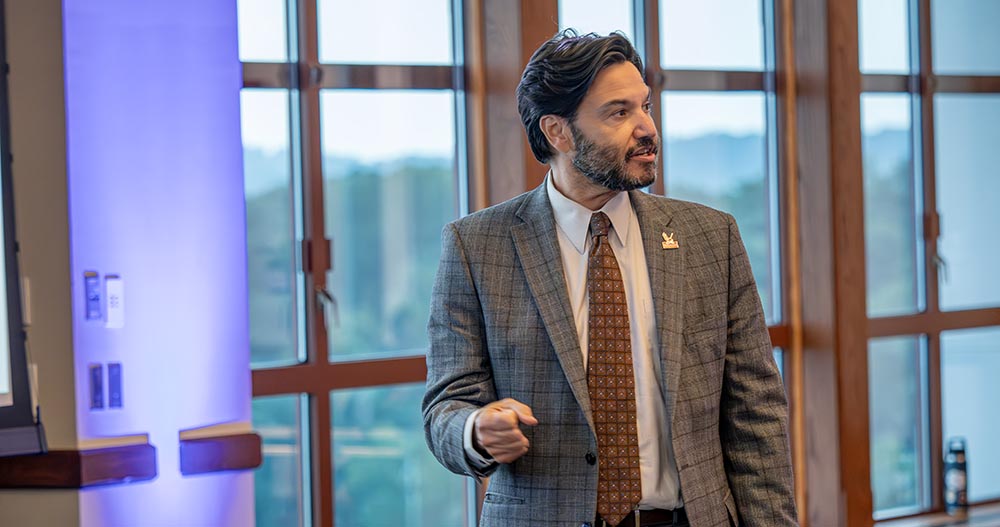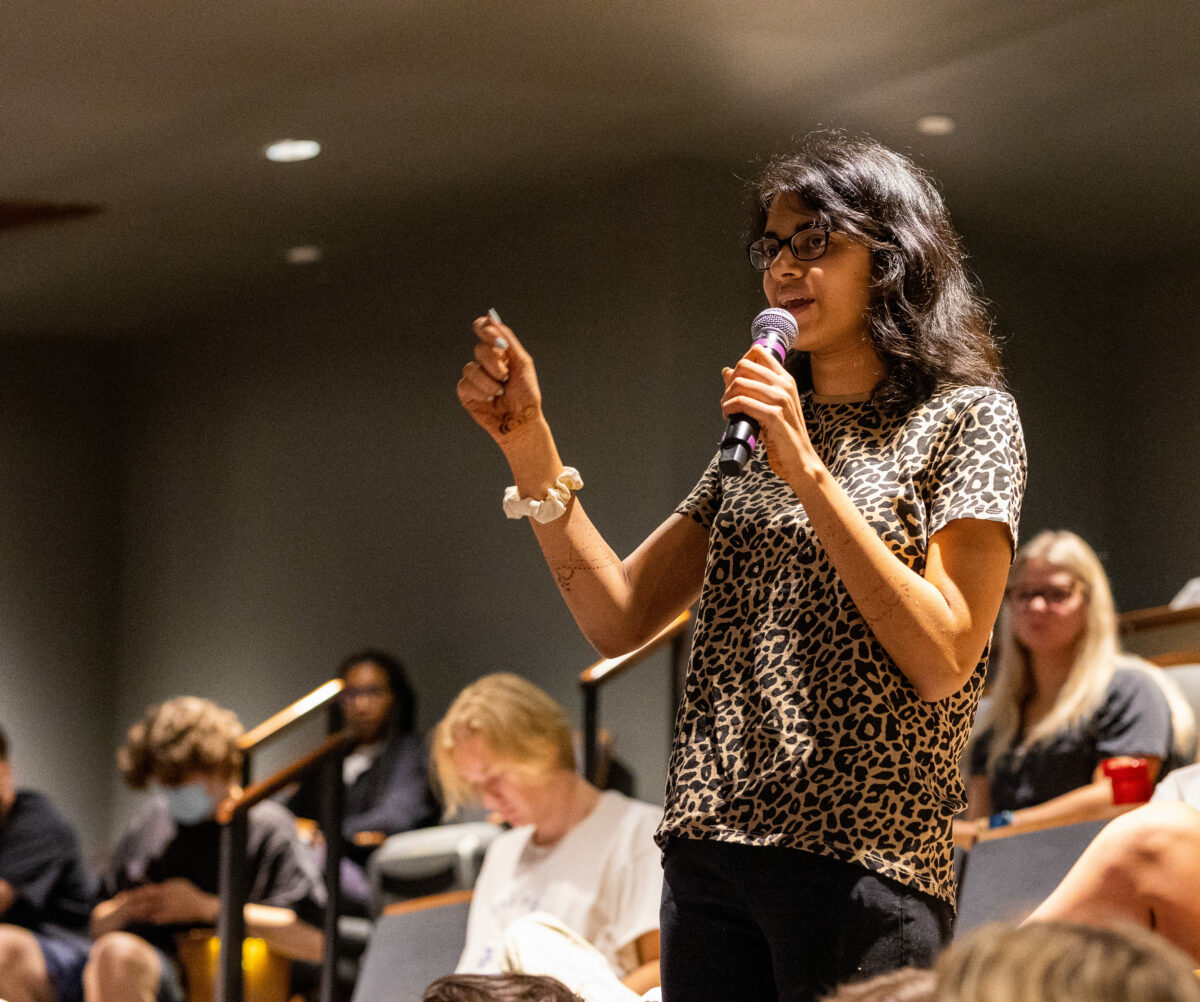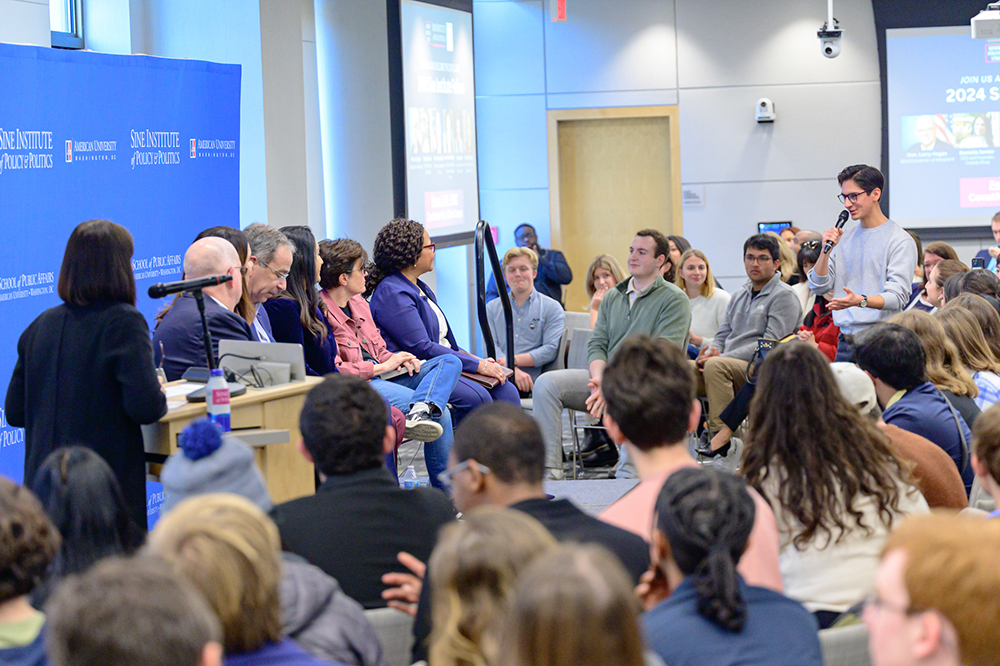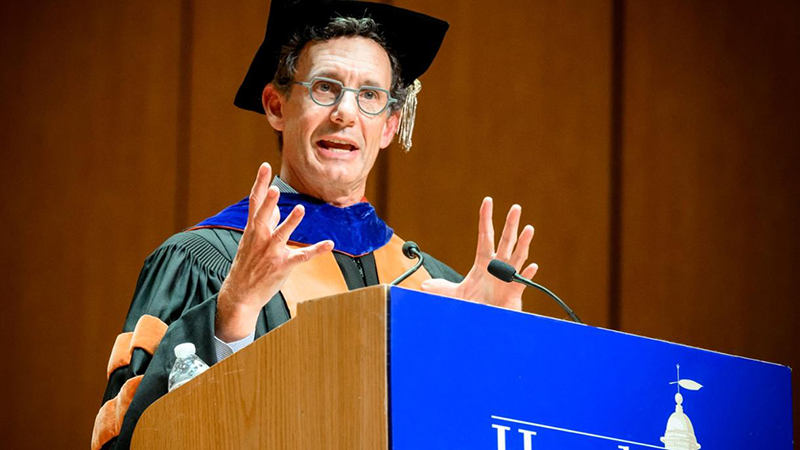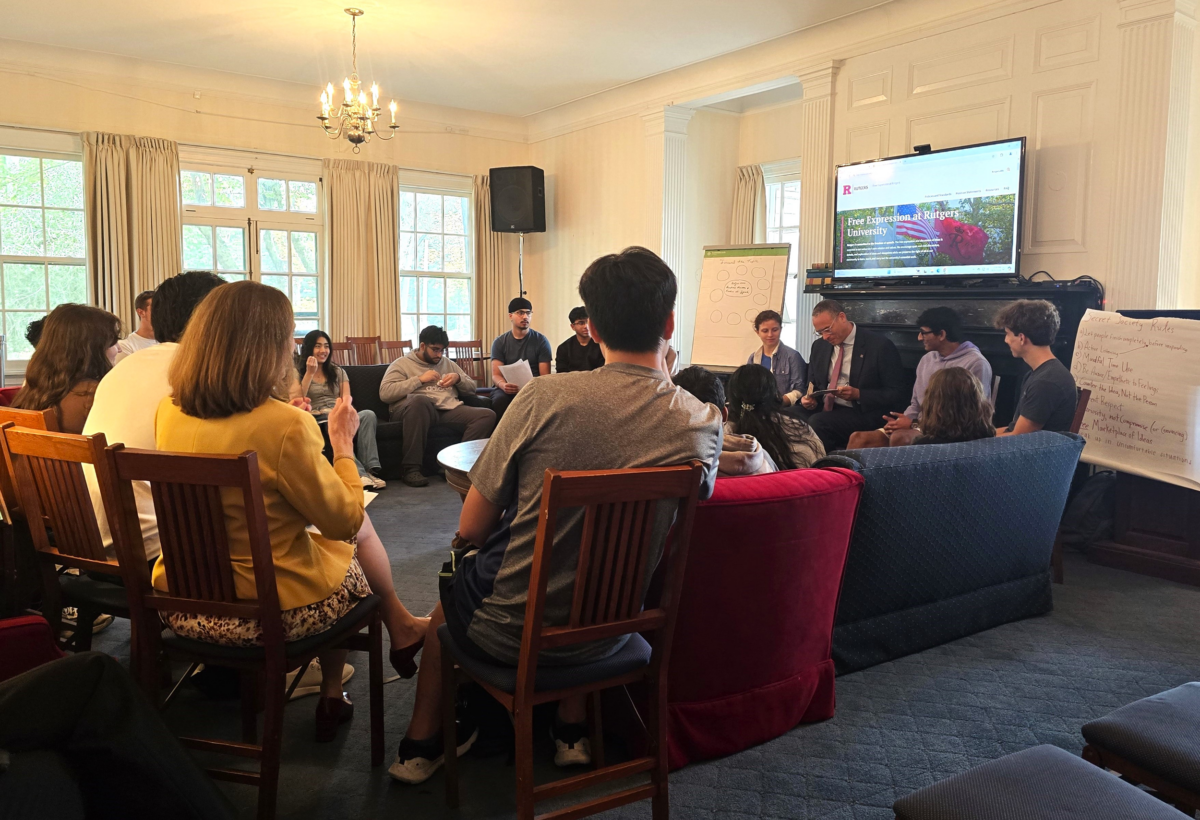According to Peter Slevin, a writer for The New Yorker, writers and journalists “aren’t dead yet.” In fact, Slevin says writers and journalists are more crucial than ever in a world where misinformation runs rampant. A recent University of Tulsa Switchyard program event, “Covering Chaos,” convened journalists, students, and media practitioners from The Atlantic, The New Yorker, and The New York Times. Topics ranged from fear as a political tactic to fighting against the trend of false narratives that shape public perception. Panelists urged attendees to be vigilant truth-seekers, combat misinformation, and apply ethical journalism practices, emphasizing the human responsibility in delivering accurate news.
Hear from the panelists about the role of journalists in preserving truth in an era of misinformation:
“We need to be a bulwark against the unprecedented lies that we’re up against and how they’re resonating. We need to hold the liars, the hypocrites, the grifters to account, as hard as that is in their moment of triumph. We need to understand what we’re up against, which is lying as a strategy.” Peter Slevin, writer for The New Yorker
“You know you do what you do because you understand that you are staying true to a certain idea of truth, and I think that I would say, ‘Double down,’ and the doubling down might get hard,” he said. “It might indeed have the repercussions the dissidents have faced in other countries.” Gal Beckerman, editor at The Atlantic
Pictured: UTulsa faculty Sterlin Harjo, Distinguished Visiting Professor, and Ted Genoways, President’s Professor
Photo credit: The University of Tulsa
